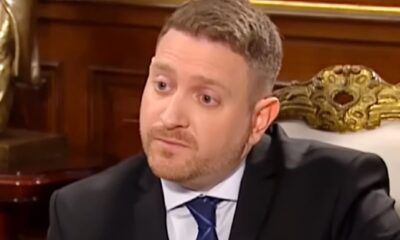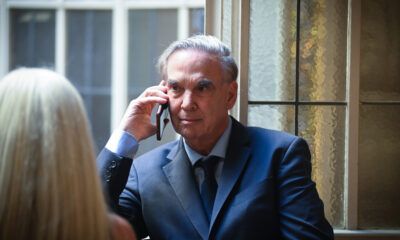INTERNACIONAL
Iraqi activists seek to oust Iranian influence, normalize ties with Israel

FIRST ON FOX – A group of young Iraqis launched an initiative called «Iraq Only» with the goal of having better relations with the U.S. and eliminating Iranian militias’ hold over Iraq.
The campaign, which involved posting stickers printed with the Iraqi flag and placed over images of militia leaders in Iraq, was a grassroots initiative started by young people to empower the rule of law and build a democratic and citizen-based state in Iraq, free of Iranian influence.
Fox News Digital spoke exclusively with one of the activists who spearheaded the recent effort, Muqtada al-Tamimi, about his experience of social activism, their goals for Iraq’s future, and being kidnapped for his activity of sounding the alarm on Iranian influence.
A WEAKENED IRAN HAS IRAQ LOOKING TO CURB TEHRAN-BACKED EXTREMISTS IN COUNTRY
A deliveryman drives a motorcycle along a road in Baghdad on Oct. 7, 2024, past billboards showing Iran and Hezbollah leaders. (Ahmad Al-Rubaye/AFP via Getty Images)
«We as activists suffer the most from Iranian influence over Iraq. Many of us have been kidnapped and taken into illegal detention centers run by Iranian-backed militias. And some were killed,» al-Tamimi, who is a businessman and in his late 20s, told Fox News Digital through his interpreter.
Al-Tamimi and some of his fellow activists were kidnapped by Iranian-aligned armed groups and were tortured for five days. They were shackled, abused, tortured and had their phones and personal data confiscated without any legal document or judge’s signature proving they had the right to access these documents.
«We as activists are persecuted for simply trying to raise our own flag, the Iraqi flag,» al-Tamimi lamented.
Al-Tamimi said the Iranian militias act with impunity and don’t respect the Iraqi constitution or Iraqis’ rights as citizens.
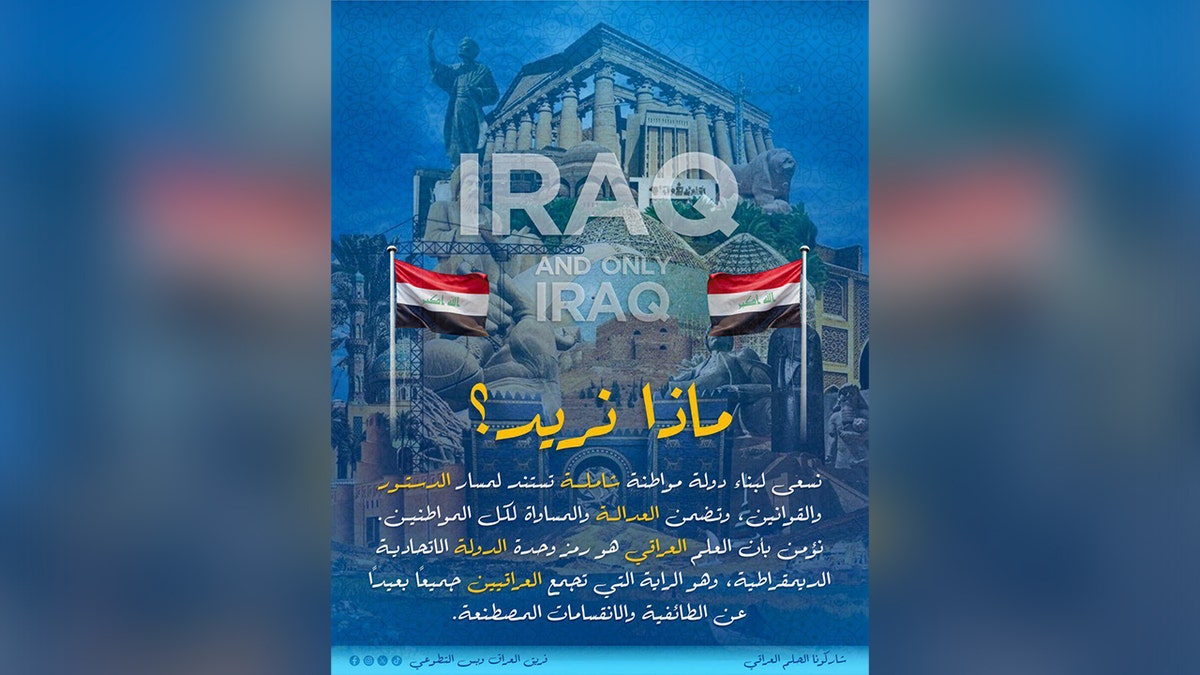
A poster titled «Iraq and only for Iraq» was issued by a new movement that seeks to rid the country of Iranian influence.
«The people most harmed by Iranian militias are people like us who call for peace and co-existence in Iraq and with our neighboring countries,» he said.
Al-Tamimi and his fellow activists want a strong Iraq that has a stable and integrated economy with the West.
«We believe that an Iraqi alliance with the West would make Iraq stronger, stable, and more prosperous.»
Al-Tamimi and his associates’ desire to remove Iranian influence and move Iraq closer to the U.S. and the West is what leaders in Tehran fear most.
WHO IS THE IRAN-BACKED COALITION ISLAMIC RESISTANCE IN IRAQ, RESPONSIBLE FOR DEADLY DRONE STRIKE ON US TROOPS?
The groundwork for the activism was first laid in 2021 when 312 Iraqis from the Shi’a and Sunni communities convened in Erbil in a conference facilitated by the Center for Peace Communications (CPC), and called for peace and normalization with Israel. Once word of the conference spread across international media, the Iran-backed militias issued death threats, and the Iraqi government issued arrest warrants for conference organizers. CPC took measures to protect all participants from jail or being harmed.
«The Iraq Only movement speaks to pent-up Iraqi demand for peace, development, and an end to Iranian domination. We wish these young men and women Godspeed in driving change, and hope the U.S. will do everything it can to help them,» CPC’s founder and president Joseph Braude told Fox News Digital.
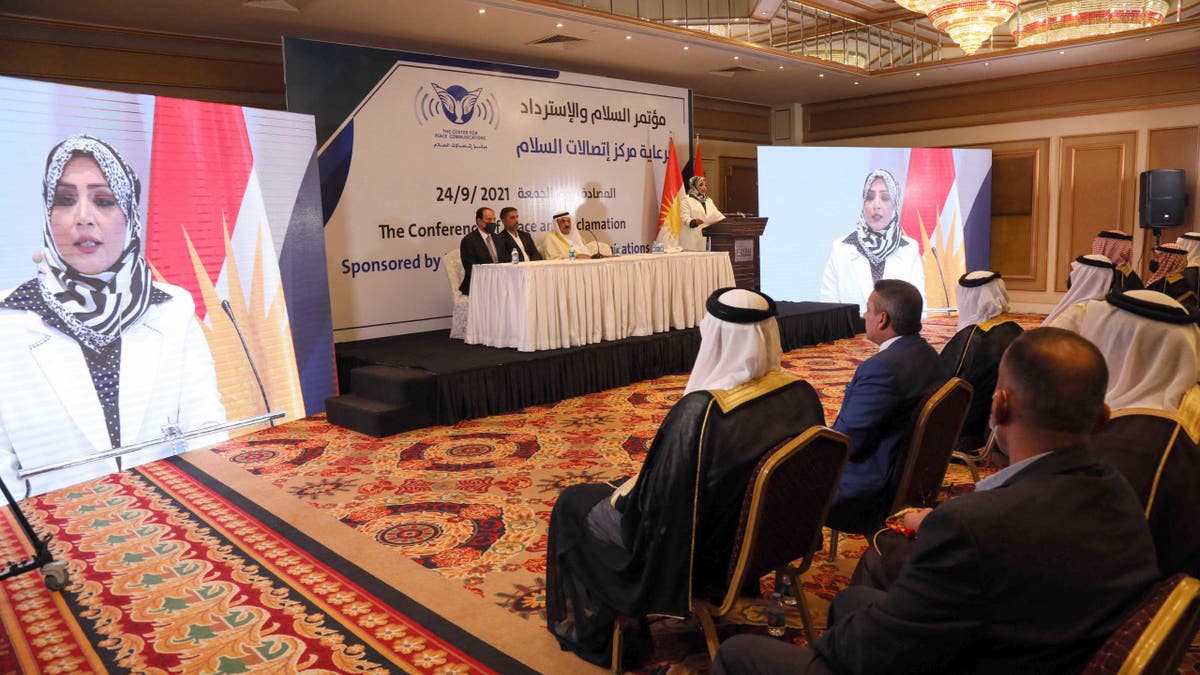
More than 300 Iraqis attend a conference to discuss the normalization of relations between Baghdad and Israel, in Arbil, the capital of northern Iraq’s Kurdistan autonomous region, on Sept. 24, 2021. (Safin Hamid/AFP via Getty Images)
Iraq has become a central battleground for regional dominance between U.S. and coalition forces and Iran. Tehran uses allies in Iraq to exert its regional influence and also undermine Iraqi sovereignty through various proxy forces.
The Islamic Resistance of Iraq is a group of armed Islamic resistance factions under the umbrella of the Iran-backed «Axis of Resistance.» These groups are the most difficult for the Iraqi government to manage and were responsible for the attack that killed three U.S. service members in Jordan in January 2024.
The IRI has been engaging in armed operations against Israel and U.S. coalition forces since Oct. 7. Also operating in Iraq are the Popular Mobilization Forces (PMF), which were formed in 2014 to fight ISIS.
Iraq Only is also supportive of U.S. forces on Iraqi soil, even as the status of the 2,500 troops in the country remains uncertain.
NETANYAHU HAILS ‘HISTORIC’ FALL OF BASHAR ASSAD IN SYRIA, CREDITS ISRAELI ATTACKS ON HEZBOLLAH, IRAN
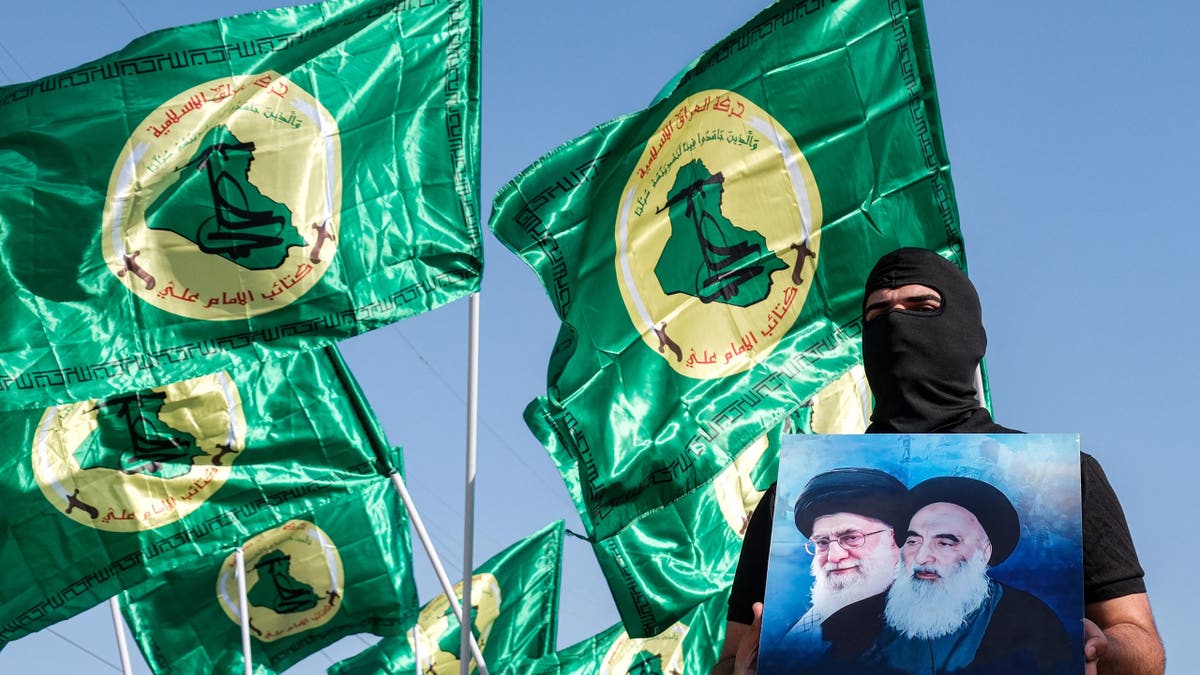
A photo of Iranian leaders is held up by a member of the Islamic Movement of Iraq, a faction of the Popular Mobilisation Forces during a rally in Baghdad on April 5, 2024. (Murtaja Lateef/AFP via Getty Images)
«The American presence in Iraq does not at all contradict a strong Iraq but the opposite. A good relationship with the United States means a strong Iraq.»
Al-Tamimi said he understands and appreciates the heavy price paid by American forces in upholding the stability and security of Iraq since the invasion of 2003.
One aspect of their platform that may raise eyebrows is their recognition of Israel’s place in the Middle East and their desire for closer ties with Israel.
«Israel is a great country and has a great culture. We share with them a lot of the geography and as we are looking at and seeking a strong Iraq, we need to seek a strong partnership with a country like Israel if needed.»
Al-Tamimi also notes that everyday Iraqis have suffered and paid a high price because of the alliance between Iraq and Iran. Physical infrastructure was destroyed, and Iranian interference undermined state institutions. Eradicating Iranian influence will help Iraq, in their view, ultimately become safer and more prosperous.
«We think once we have a strong relationship with Israel and the United States, we will have a strong Iraq.»
CLICK TO GET THE FOX NEWS APP
Al-Tamimi also sees positive signs for Iraq and the Middle East after the fall of longtime dictator Bashar al-Assad in Syria.
«We believe the removal of the Assad regime is a very good step for undermining Iranian influence in the region and gives us as Iraqis hope for better change in the region.»
INTERNACIONAL
Lo que hay que saber sobre el papel del príncipe heredero saudí en la diplomacia mundial
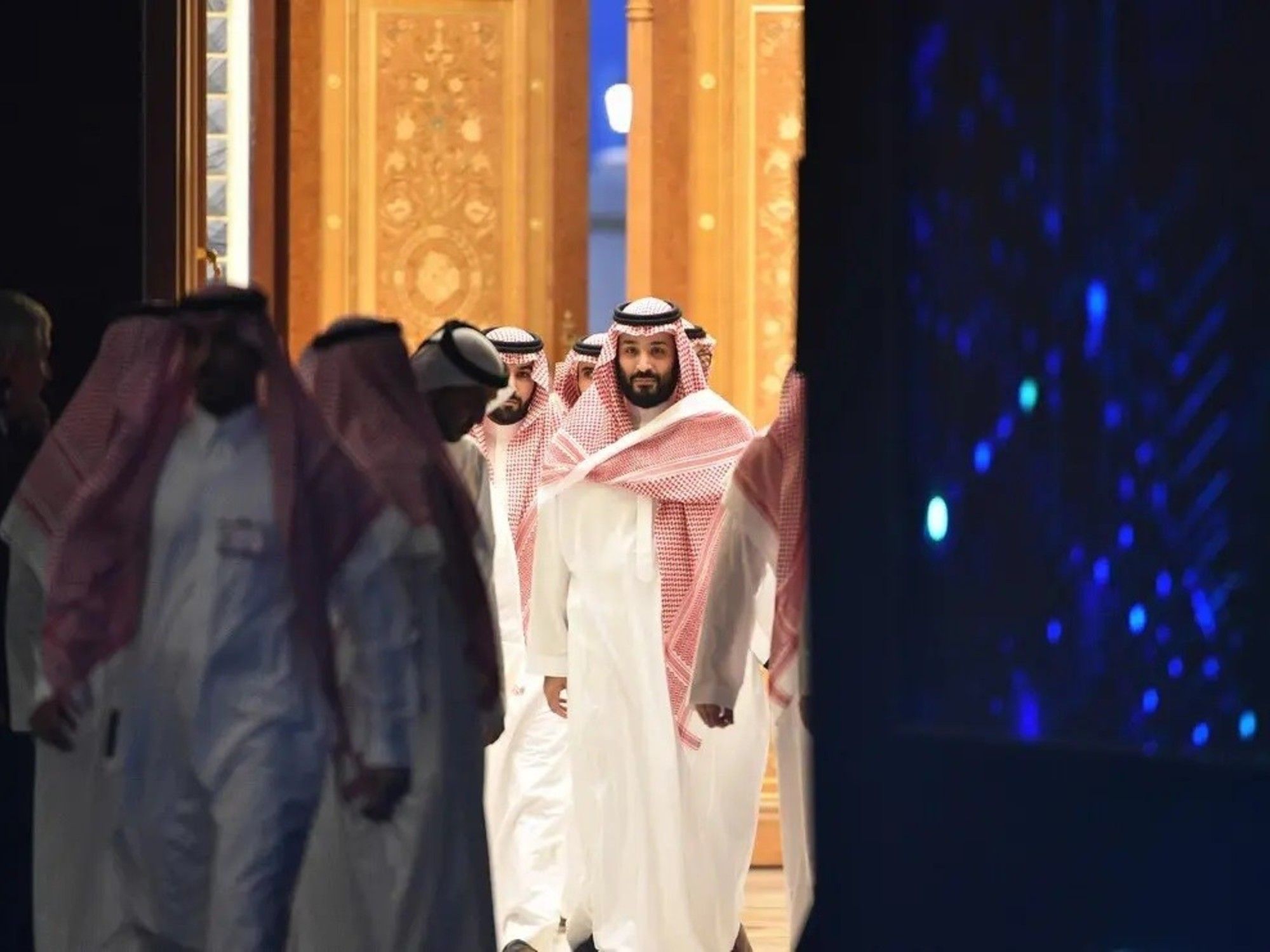
Una nueva visión para el reino
Resumen de rivales
Luchas en el extranjero
Un asesinato de alto perfil
Alianza de negociadores
Objetivos regionales
Mediador global
-
POLITICA3 días ago
Jonatan Viale cargó contra Santiago Caputo por la interrupción: “Me faltó firmeza para mandarlo a la m…”
-
POLITICA2 días ago
Miguel Pichetto le contestó a Jonatan Viale: «No hay nadie que te quiera, pibe»
-
POLITICA3 días ago
El creador de la cripto $LIBRA aseguró tener “control” sobre Javier Milei por enviarle dinero a Karina
-
CHIMENTOS3 días ago
Picantísimas chicanas de la ex de Lanata a Jony Viale porque Milei le cortó la nota: «¿Te imaginás si se lo hacían a él?»
-
CHIMENTOS2 días ago
Luis Ventura reveló la trama secreta de la filtración de la nota de Viale a Milei: «No fue un error, era un negocio»
-
POLITICA2 días ago
Axel Kicillof despidió y denunció por sedición a 18 policías tras reclamo salarial en Buenos Aires



















